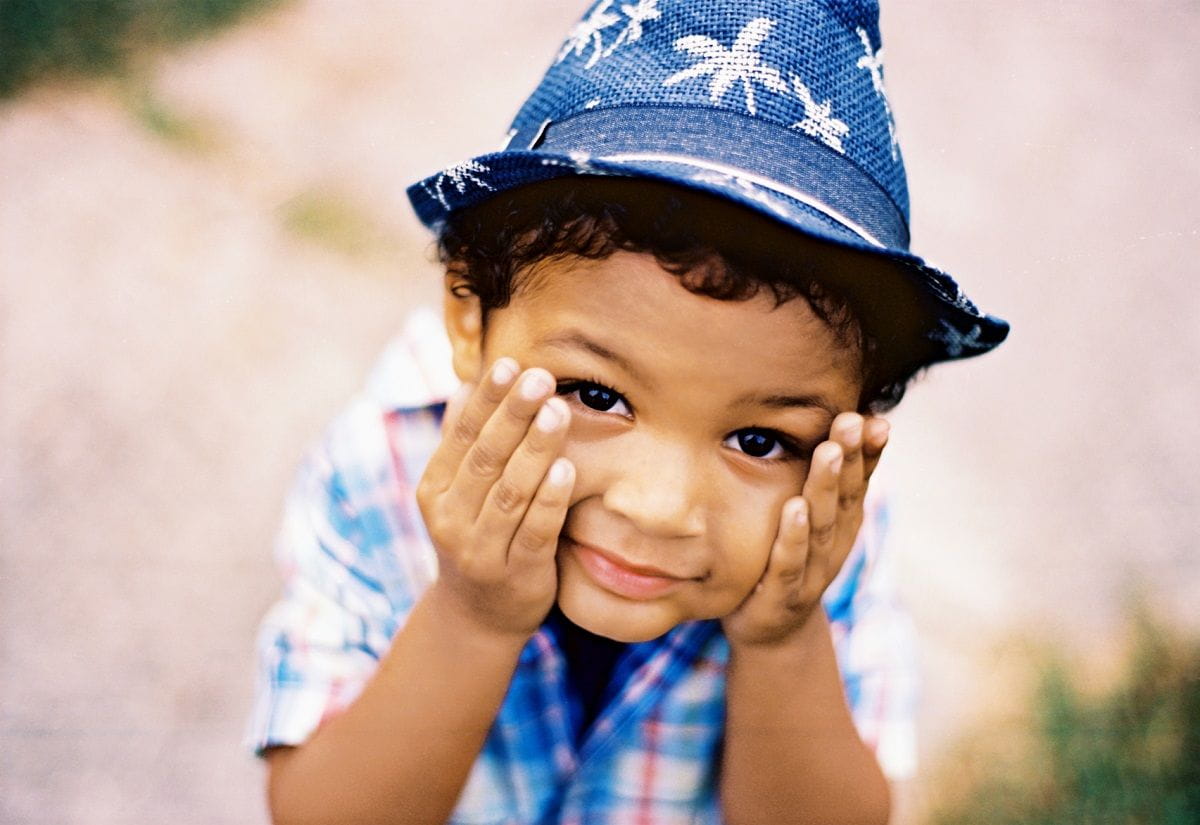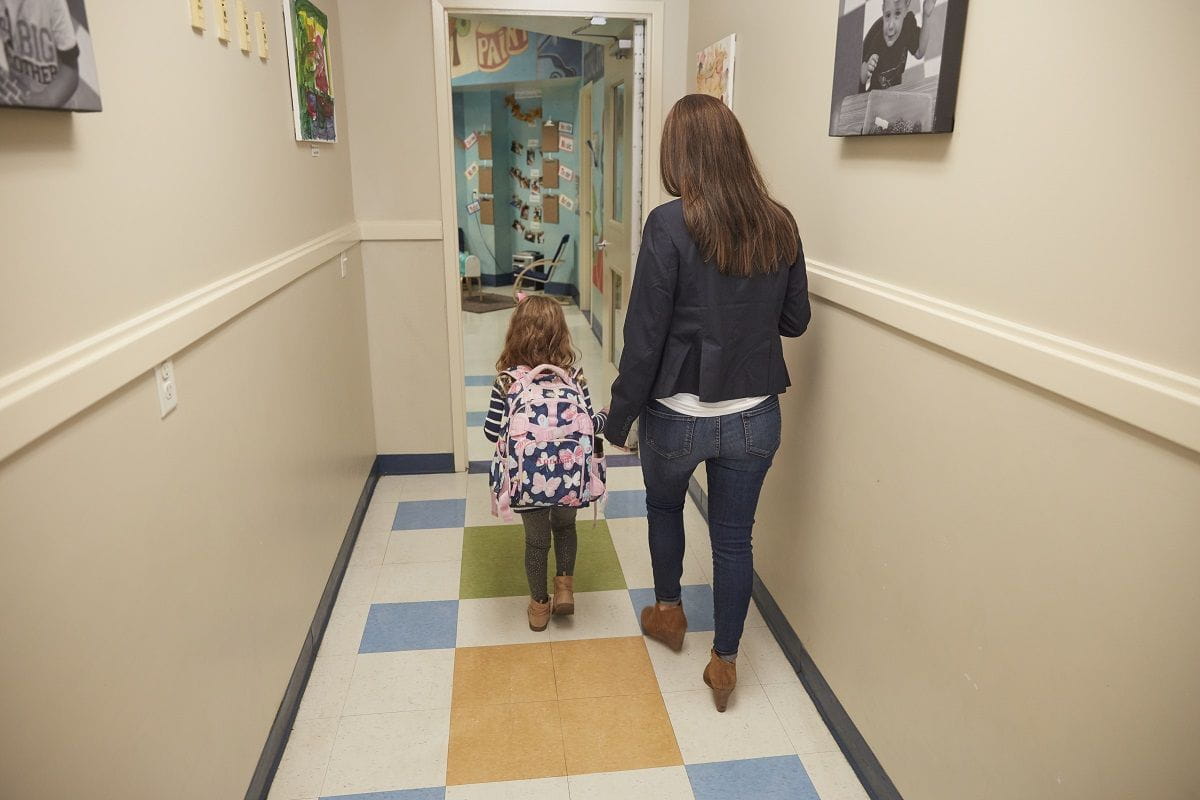“I Lost My Coat AGAIN!” 4 Little Life Hacks to Help Your Kid's Organization

By Cheryl Flanders
“Mom! Have you seen my coat?”
Yup, your six-year-old has lost their fourth coat in four months. In fact, you’ve just started buying multiple coats at a time—because, well, you’re obviously going to need them. Sigh.
If it’s any consolation (which it’s probably not), a lot of kids at this age have trouble keeping track of things like coats, water bottles, schoolwork, and even backpacks.
Your child isn’t willfully refusing to remember. It’s just that they’re still developing executive function skills—and while as a six-year-old they’ve gained a lot of ground in honing those skills, planning ahead and staying organized are two higher level abilities that take a little longer to develop.
It may seem pretty simple to us adults—most of us will automatically place the car keys on a hook as soon as we walk in the door, or have an inner calendar reminding us of all the important things we have to do each day. But children must literally learn how to plan ahead and keep everything organized.
The good news is that you actually can help your child learn how to stay organized—and there’s a good reason to do so (other than the money you’ll save not buying six coats every year).
Teaching Organizational Skills Is About More than Just Organizing Belongings
Being able to organize their things also helps kids learn to organize multiple pieces of information, like word meanings, story characters, and plot lines—essential elements for reading. Similarly, knowing how to organize things (such as by color, size, or shape) makes learning math a lot easier.
Luckily, there are plenty of ways to help develop organizational skills in your child. These top four tips for kids’ organization teach your forgetful child the basics of organization and help them understand the value behind them:
1. A family calendar can help your kid’s organization
If you don’t have one, try setting up a calendar where everyone can see it, and integrate it into your family’s daily life. Try using different colors for each family member when you add tasks or events so schedules stand out.
Likewise, a weekly checklist of things to remember, like chores or getting dressed in the morning for school, can help keep it all top of mind for your child.

2. A backpack makeover
Start with a backpack that’s right for your child. If it’s too cumbersome, they may set it down and forget it, but if it’s too small, there may not be enough space to organize things.
Next, get organized—think pencil cases, labeled and color-coordinated folders, the works—and start helping them discard trash and organize items in their backpack on a routine basis. Hey, something to add to that family calendar!
3. Sticky-note checklists teach organizational skills
Are they constantly forgetting things at school? Write a reminder on a large, colorful sticky note and attach it to one of your child’s folders. Start with easy, one-step directions—like “Grab your coat before leaving the classroom.” Once they have the hang of it, add another reminder or two.
4. Pizza box portfolios
Ask your favorite pizza place for some empty pizza boxes. Label them to store important papers or art projects your child has completed or is working on at home. They can even decorate them (and they stack quite nicely)! The beauty of this idea is that it forces them to lay their papers flat instead of in crumpled balls of disorganized chaos. As a bonus incentive? Have a pizza party for a job well-done!




